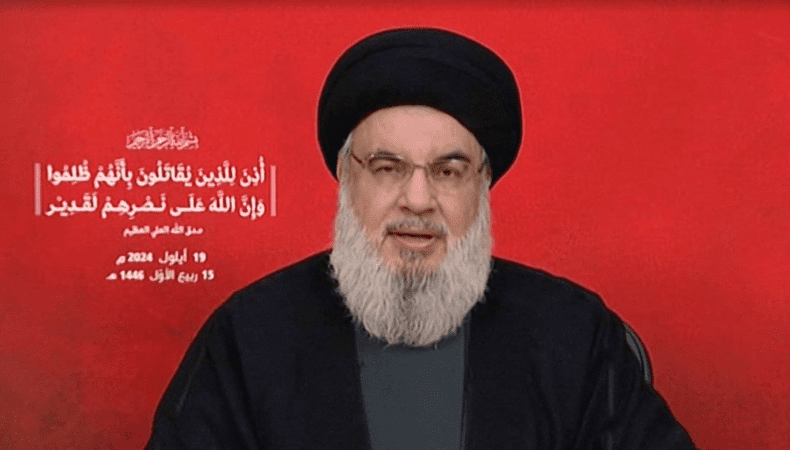
In a bold move that has sent shockwaves through the Middle East, Israel has confirmed the death of a high-ranking Hezbollah leader in a targeted strike in Lebanon. This operation not only highlights Israel's ongoing commitment to countering perceived threats but also raises pressing questions about the future dynamics of power in the region.
A Complex Legacy
Hezbollah, a formidable Iranian-backed militant group, has long been a critical player in Lebanese politics and a significant adversary to Israel. Formed in the early 1980s, the group has established itself as a powerful military force, with deep political ties within Lebanon. Its leadership is not only responsible for military strategy but also plays a pivotal role in shaping the group’s ideology and public support.
The recent strike marks a significant escalation in Israel's long-standing efforts to weaken Hezbollah's military capabilities. Israeli officials have described this action as a necessary step to ensure national security, citing ongoing threats posed by the group’s military operations along the Israel-Lebanon border.
The Strike: A Tactical Decision
The details surrounding the strike remain largely under wraps, but it reportedly took place in southern Lebanon, an area known for its dense population and the presence of Hezbollah fighters. By targeting such a high-profile figure, Israel aims to disrupt Hezbollah's command structure and diminish its ability to carry out attacks.
Military analysts suggest that this operation reflects a broader strategy by Israel to assert its dominance in the region. However, the calculated nature of this strike also raises concerns about potential repercussions. Hezbollah is likely to respond, seeking to avenge the loss of a key leader and reinforce its image as a protector of Lebanese sovereignty.
What’s Next?
In the aftermath of this operation, the immediate concern is the potential for escalated violence along the Israel-Lebanon border. Hezbollah's leadership has already vowed to retaliate, and the risk of a new round of hostilities looms large. Regional observers are bracing for possible retaliatory strikes, which could spiral into a larger conflict, drawing in various factions and complicating an already volatile situation.
Furthermore, the international community is closely monitoring developments. With tensions already high due to ongoing conflicts in neighboring Syria and Iran's military ambitions, the assassination of a Hezbollah leader could have far-reaching consequences for regional stability.
Broader Implications
The implications of this strike extend beyond immediate military responses. It could significantly alter the balance of power in the region, impacting Lebanon's internal politics and its relationship with Iran. A weakened Hezbollah may lead to a shift in power dynamics, potentially allowing for greater influence from other regional actors.
Moreover, the event highlights the fragile nature of peace in the Middle East. The historical grievances and ongoing tensions between Israel and Hezbollah serve as a reminder of the complex web of alliances and enmities that characterize this region.
As the dust settles from this significant event, it is crucial for analysts and observers to consider the broader ramifications. The death of a Hezbollah leader in a targeted Israeli strike marks a pivotal moment that could reshape the landscape of Middle Eastern politics.
Will this incident spark a new wave of conflict, or can diplomatic efforts prevail to prevent an escalation? The coming weeks will be critical in determining the answer, as both Israel and Hezbollah navigate the fallout from this high-stakes confrontation.
